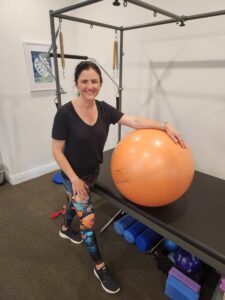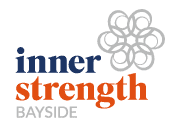Does Physiotherapy Help Frozen Shoulder?
Frozen shoulder is characterised by a painful and stiff shoulder. The lining (capsule) of the shoulder becomes inflamed and stiff, causing shooting pain with certain arm movements such as lifting the arm.
In most cases, frozen shoulder symptoms come on gradually however, a frozen shoulder can also come on without warning. Generally, it starts with dull pain around shoulder and upper arm which increases in severity over time and you may feel excruciating pain with certain arm movements like hanging up your washing or combing hair. The pain can be very severe and will often wake you up from sleep at night. You may find it difficult to perform your normal duties at home, work or for leisure.
It can take some people up to five years to recover and some still report some movement restriction once all other symptoms have resolved.
The common risk factors include stress, lack of regular exercise, peri-menopausal, diabetes, some cardiovascular conditions, post shoulder injury or post shoulder surgery and some gastric cancer and epileptic drugs.
3 Phases of Frozen Shoulder:
It has often been thought that the natural course of frozen shoulder consists of 3 phases. It is now believed that these phases are not so easily defined and it can vary in duration person to person. They also overlap most of the time.
- Freezing: Initially pain develops around the shoulder and upper arm, which increases in severity over time. It gets worse at night. Shoulder stiffness may start to develop. This phase can last up to 4-9 months.
- Frozen: During this next phase, pain might reduce, but stiffness worsens. There may be difficulty moving the shoulder in a way that restricts day to day activities. This phase can last from 4 months to a year.
- Thawing: In this last phase shoulder range of movement starts to improve. The duration of this phase hugely varies and according to research it lasts from 4 months up to several years.
A Physiotherapist or GP will be able to diagnose frozen shoulder after a physical examination. They will check movements of your shoulder joint actively and passively and do special tests to rule out other conditions. Your GP may order some imaging tests like X-ray, Ultrasound or MRI to rule out other conditions such as rotator cuff pathologies.
The treatment of frozen shoulder depends on whether you are in a pain dominant or a stiffness dominant phase. In the early stage when pain is a limiting factor and stiffness is increasing, injections of corticosteroids or hydrodilatation (injecting fluid to stretch the shoulder joint capsule) can help with pain especially at night.
Evidence suggests that most improvement occurs in the first 5-12 months following onset of symptoms. During this time your Physiotherapist can provide you with some manual physiotherapy techniques and a rehabilitation program to help you with your pain and stiffness. This may reduce the duration of frozen shoulder symptoms and prevent any lasting stiffness. Doing simple shoulder mobility and strengthening exercises with respect to pain can help you with recovery and get you back to doing the things you love.
Written by Luci Minogue, Physiotherapist



